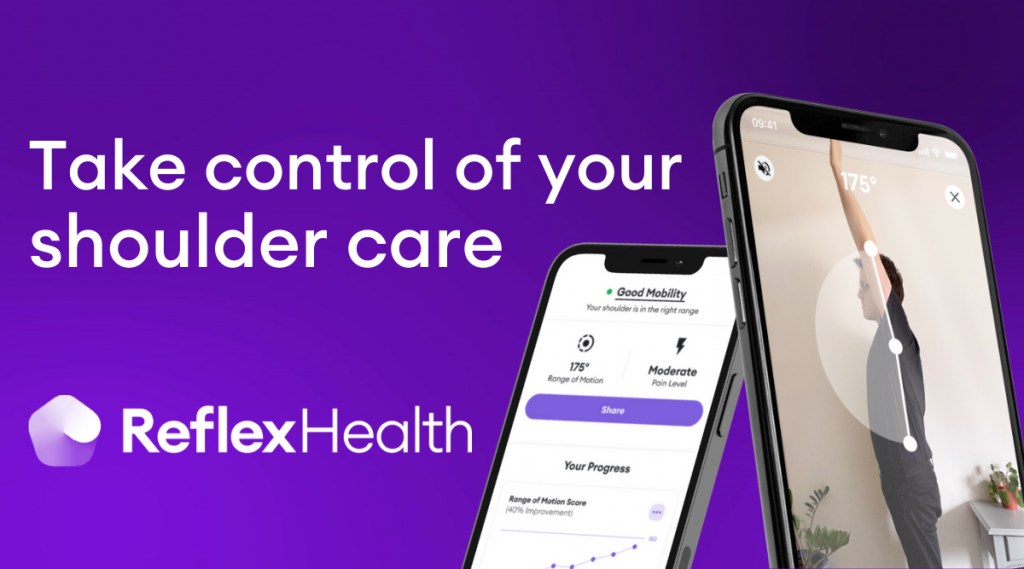Do you have a shoulder injury that is keeping you from getting a good night’s sleep? If so, you are not alone. Millions of people suffer from shoulder painShoulder pain is any pain felt around in and around the shoulder joint. The shoulder is the most mob More every year, and it can be extremely difficult to get comfortable enough to fall asleep. In this blog post, we will discuss 10 tips for getting better sleep with a shoulder injury. Following these tips should help make sleeping easier and more comfortable!
Make sure to consult with your doctor before trying any new sleep aids or medications. Some medical conditions can make it difficult to get a good night’s sleep, so it is important to talk to your doctor about any concerns you may have.
1 . Use a pillow to support your injured shoulder.
If you are having trouble sleeping on your side with an injured shoulder, try using a pillow to support the arm. This will help keep it in a comfortable position and prevent you from moving around too much in your sleep.
2 . Try sleeping on your back.
If you normally sleep on your side, it may be difficult to do so with an injured shoulder. Instead, try sleeping on your back. This will take the pressure off of your shoulder and allow you to get a better night’s sleep.
If you have a shoulder injury, it is best to avoid sleeping on your stomach. This can put unnecessary pressure on the injured area and make it difficult to get comfortable.
3. Limit your caffeine intake.
Caffeine can make it difficult to fall asleep and stay asleep, so it is important to limit your intake if you are trying to get a good night’s sleep with an injured shoulder. Try to avoid coffee, tea, and soda in the evening and opt for water or herbal tea instead.
4. Establish a bedtime routine.
Having a set bedtime routine can help you fall asleep and stay asleep better. Try taking a warm bath or shower, reading a book, or doing some light stretches before bed to help you relax. Dimming the lights in the evening a couple of hours before bed will signal to your body that it’s time to settle down.
5. Keep a cool, comfortable environment.
Your bedroom should be cool and comfortable in order to promote good sleep. Keep the temperature between 60 and 67 degrees Fahrenheit (15-19 degrees Celsius) and make sure the room is dark and quiet. Use blackout curtains or an eye mask to block out any light, and consider using earplugs or earphones to drown out distracting noises in your environment.
6 . Get up and move around during the day.
Exercise is important for overall health, but it can also help you sleep better at night. Getting up and moving around during the day will help you sleep more soundly at night. Just be sure not to exercise too close to bedtime, as this can make it difficult to fall asleep
7 . Avoid watching television or working on the computer in bed.
The light from screens can interfere with your body’s natural sleep cycle. If you are having trouble sleeping, avoid watching television or working on the computer in bed. Instead, try reading a book or listening to relaxing music before bed. Reducing the time you spend being active and awake in bed also makes a stronger association between your bed and sleep.
8 . Avoid napping during the day.
Napping during the day can make it difficult to fall asleep at night. If you are having trouble sleeping, avoid taking a nap during the day and instead focus on getting up and moving around.
9 . Don’t go to bed hungry or full.
Eating a big meal before bed can make it difficult to fall asleep, as your body will be working to digest the food. On the other hand, going to bed hungry can also keep you awake. Try to find a happy medium by eating something light an hour before you sleep.
10. Continue with your mobility and strengthening exercises.
The more strength you get back in your shoulder, the more your body can handle movements and weight-bearing positions while you sleep, including those accidental turns or instinctively pulling the covers with an injured arm.
Staying motivated to do rehab can be hard, here’s some insights on why measuring your range of motion is important.



